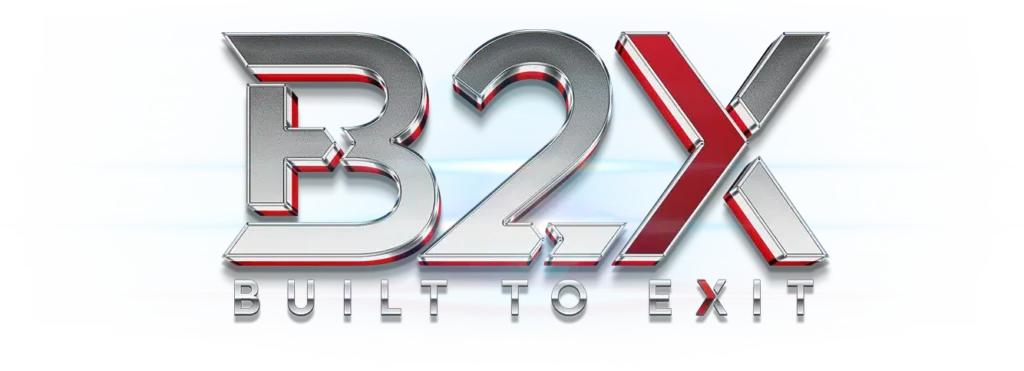You’ve conceived a brilliant idea.
It’s amazing. A game changer. You can’t wait to share it with the world.
You quit your job. Borrow money from grandma and pull out the last penny from your kid’s piggy bank.
You’re convinced it’s going to work.
Hold your horses … you missed a step.
The Common Trap
Here’s where many entrepreneurs veer off course.
They forget the vital question: “Whose outcome am I falling in love with?”
They fail to validate their concept in the marketplace, blindly assuming that because they love it, everyone else will, too.
Market validation is the compass that guides successful ventures. It involves rigorous research, testing, and feedback loops to ensure your idea aligns with real-world needs and demands.
It’s about asking the tough questions, challenging your assumptions, and understanding your target audience.
Mitigating Risk through Early Concept Validation
Validating your concept early in the development stage is a litmus test.
By seeking validation at the very beginning, you get a sneak peek into how your idea might fare in the real world. It’s like testing the waters, giving you a taste of what the market thinks about your brainchild. This early validation isn’t just a strategy—it’s like wearing a seatbelt on a bumpy road, a smart move to dodge investing loads of time, money, and effort into a concept that might not click with your audience.
It’s your chance to fine-tune or even switch gears before going all in.
Focusing Resources for Efficient Allocation
If you’re preparing for a long journey, and you’ve got a limited stash of supplies, you need to know how to allocate those resources.
The insights you gain from validation act as a helpful companion, guiding you on which aspects of your concept could use a bit more attention, much like finding the best trails to hike.
Whether it’s perfecting your creation, tweaking your strategies, or enhancing the support for your customers, focusing your resources based on these insights is like having a wise mentor advising you on where to invest your efforts for the best outcomes. Tailoring your approach will improve your chances of success by directing your resources precisely where they’ll have the most impact.
Embracing a Customer-Centric Approach
The heart of any successful business lies in meeting the needs and desires of its customers. Market validation ensures that you’re building a product or service that people truly want and find valuable.
It involves direct interaction with your target audience, gathering feedback, and understanding their pain points and preferences. By tailoring your offering to align with customer expectations, you enhance customer satisfaction, build stronger relationships, and foster brand loyalty. A customer-centric approach driven by market validation is a cornerstone of sustainable business growth.
Enabling Adaptability through Feedback
Markets are dynamic, and consumer preferences can change swiftly. Market validation isn’t a one-time event; it’s an ongoing process.
Regularly seeking feedback and adapting based on real responses is vital for long-term viability. The beauty of market validation is that it provides a channel for constant improvement and adaptation.
Feedback received during validation offers valuable insights that can lead to product refinements, feature enhancements, or even a pivot in your business model. Adapting to market dynamics ensures that you remain relevant and competitive, increasing your chances of sustained success.
In essence, market validation isn’t just a step in the entrepreneurial journey; it’s a philosophy that underlines a successful, customer-oriented approach to business. It’s about listening to your audience, optimizing your resources, and evolving your concept to meet their needs effectively. The more attuned you are to your market, the higher your chances of not only surviving but thriving in the ever-evolving business landscape.
So, before you embark on your entrepreneurial journey, remember this:
Falling in love with your idea is essential, but falling in love with its market necessity is paramount.
So hold your horses until you know if your product or service is actually viable.
Market validation isn’t an option; it’s a necessity for sustainable success.

